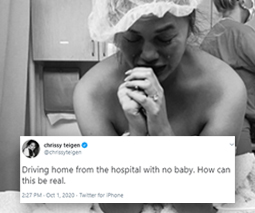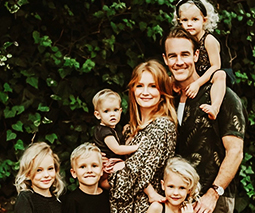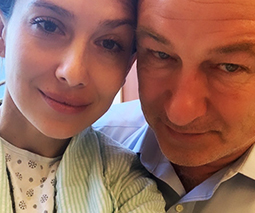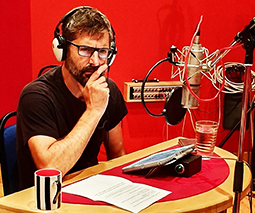Men’s grief after miscarriage is mostly ignored, study finds

New Australian research has found that support after the loss of a baby via miscarriage is almost entirely centred around women, with men’s feelings of loss largely ignored.
Content note: This story discusses miscarriage.
Men feel a gross lack of support
As discourse about what makes good men comes up, again and again, this study highlights an area which needs much improvement – how we care for men after miscarriage.
This is one of the times in their life when men feel they have to be tough and hide or compartmentalise their feelings, rather than work through their loss and be vulnerable. This new study puts much of this down to societal attitudes and the lack of resources for men in this position.
“Most men feel a gross lack of support and acknowledgement of their loss as a father, compared to their female partner,” the study, which was published in PLOS ONE found.
The researchers looked at men’s experience of miscarriage and the support these men received – or didn’t receive – from healthcare providers and their own friends and family.
Led by Monash University’s Dr Jade Bilard from the Melbourne Sexual Health Centre and University of Melbourne’s Professor Meredith Temple-Smith from the Department of General Practice, the findings highlight the need for a rethink on how we support men after this sad experience.
Hiding their grief
The study found that:
- Men felt significant grief after a miscarriage: feelings of sadness, anger, devastation, shock and powerlessness were common.
- Being ‘strong’ and ‘stoic’ was a common male response after miscarriage.
- Men were unsure of how to best support their partner.
- Men often hid their grief to try to ‘be strong’ for their partner.
- Men felt isolated and confused after miscarriage.
- Men felt unsupported after miscarriage.
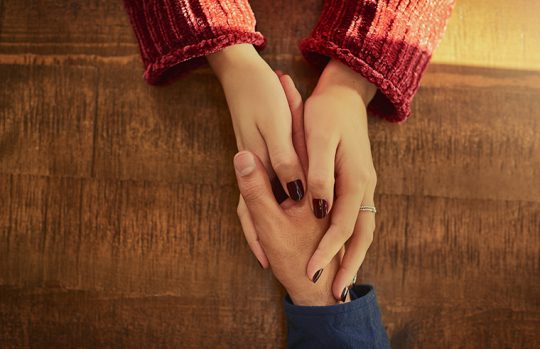
We MUST do better
The study authors spoke to men who’d experienced this sort of a loss and they had some clear ideas on the sort of support that would have helped them.
- Acknowledge men’s loss as fathers, too.
- Connect grieving men with support services so they can talk about and process their loss.
- Create resources that are for men only. Men want male-orientated information, support networks and resources tailored to their needs.
“A failure to acknowledge men’s grief, and include them in the discussion will only continue to perpetuate men’s feelings of being a ‘passenger’ in their own experience of pregnancy loss,” the study authors said in a statement.
“It’s vital that the silence and stigma around miscarriage ends and improved support is provided to assist both men and women with their loss around miscarriage.”
If you – or someone you know – has experienced the loss of a baby, please visit sands.org.au to access resources and support.
